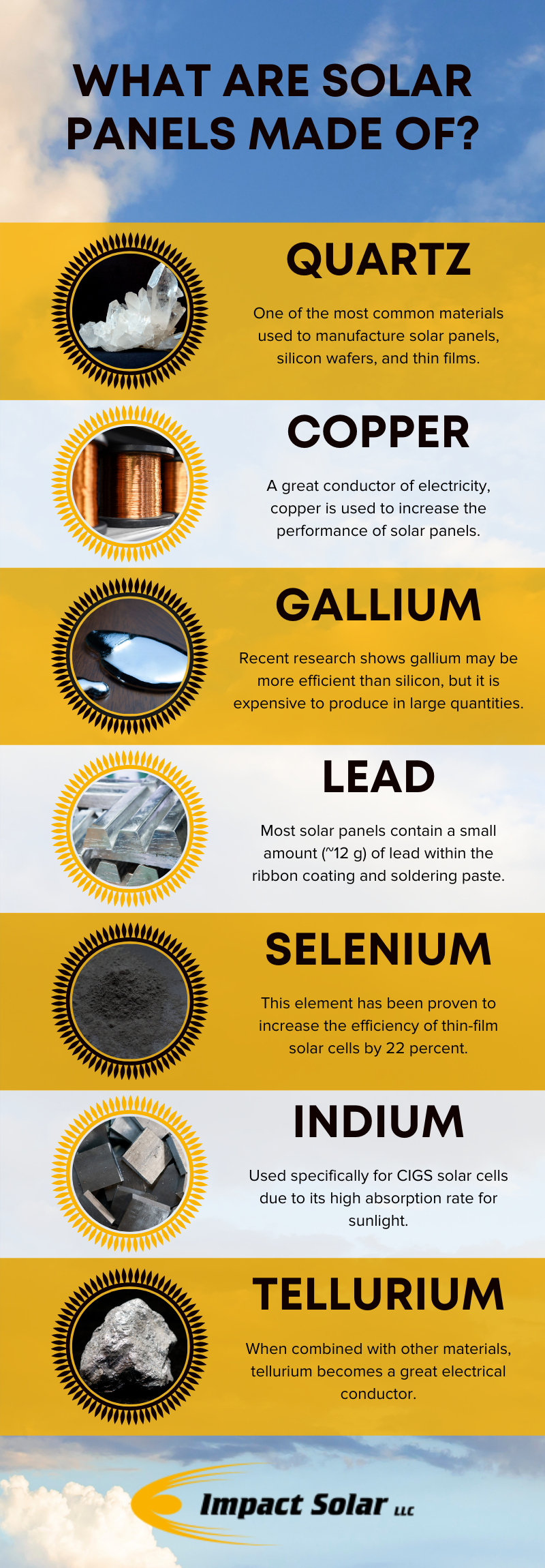Climate change has been on the minds of many for the past few decades, and with global sea levels slowly rising and average temperatures increasing, it’s clear that the mix of energy sources has to move away from carbon-based fuels. Solar panels are the perfect solution, offering access to an almost inexhaustible supply of fuel straight from the sun. But how do solar panels help slow the effects of climate change?
Zero-Emission Technology
Once a solar panel has been installed, it provides a zero-emission form of electricity generation. Essentially, photons from the sun hit the solar panel and begin the photovoltaic effect, which we dive deeper into here. This creates electricity, which is then transferred to wires and eventually used up.
None of this requires a carbon-emitting source. As a result, the electricity produced is considered “green” energy.
Creation and Installation of Solar Panels
However, before solar panels can be used, they need to be installed. Traditionally, they are transported to the site using vehicles, most of which currently burn gasoline. In addition, the majority of solar panels are made in countries such as China, so they need to be shipped overseas. Again, the ships use diesel, a known source of carbon.
Even before that, they need to be manufactured. A solar panel consists of various mixes of the following metals and semimetals, which need to be mined and then fabricated into solar panels.

Processing and Carbon Dioxide
Much of this processing requires electricity, and that often results in carbon emissions and therefore global warming. The average solar panel takes between six months and 12 months to pay this carbon debt back — which is surprisingly negligible considering that solar panels last for an average of 30 years. That’s at least 29 years of non-carbon-emitting electricity after the initial payback period, reducing your own personal carbon footprint.
Good care of your solar panels can result in even more rapid payback. Snow guards for solar panels reduce the effect of snow covering these panels, and solar panel critter guards reduce the risk of damage from pests.
Ultimately, solar panels are a great option for reducing your carbon footprint, so if you want to take advantage of the benefits a residential or commercial solar system brings, contact us today!
